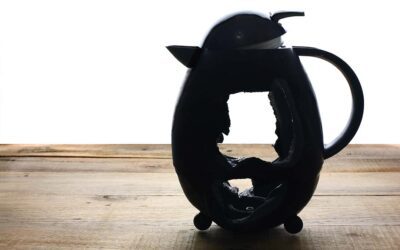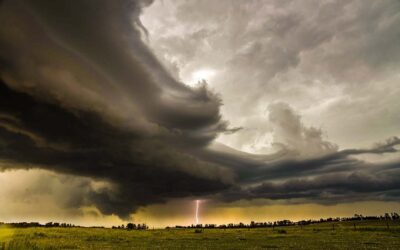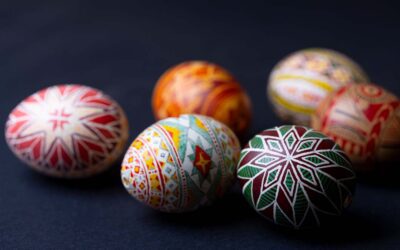
Romans 11: 1-2a, 29-32
Matthew 15: 21 – 28
This has to be one of the most puzzling stories in the Gospels. At first glance, you would be forgiven for feeling that Jesus is being both rude and misogynistic, possibly even racist – “I was sent only to the lost sheep of Israel” – calling a woman in desperate need a ‘dog’.
But that’s not the Jesus I know, the Jesus who is at ease with sinners, occupying troops, lepers and even women, sharing meals and healing them despite the ‘religious’ rules forbidding Him to do so.
So we have to delve a bit further into the significance of what is happening – and when we do, there seem to be two possible interpretations, both of which demand that the passage is contextualised by an awareness of its background.
One possibility is that throughout the Gospels, Jesus is continuously learning about the breadth of His mission. The woman challenges Him to consider whether His ministry is exclusive – for the Jews only – or universal – even to the ‘dogs’, if they accept Him and place their trust in Him. “Great is your faith – let it be as you wish”. Remember that this event takes place before the Transfiguration, when God proclaims Jesus as the Son in who He is well pleased, to be followed by the journey to Jerusalem which results in the fulfilment of Jesus destiny. Everything that has gone before incrementally prepares Him for the cross.
The other explanation is that Jesus knows exactly what He is doing. In front of the Pharisees and scribes, who have taken great offence at Jesus’ teaching (Matthew 15:12) Jesus offers a practical demonstration that, though God has chosen salvation to come from Israel, it is not just for Israel, but the whole of creation. The Messiah they want would reject the dogs (the Gentiles, the unclean, the women). That’s not what they get.
There are arguments for either interpretation. Food for thought.
But whichever, there is no argument that the woman is healed. As are we all, whoever we may be – Jew, Greek, slave, free, man, woman. One in Jesus, the Christ. That’s the important bit.
Previous Posts
Praying Together 30th June 2024
Jesus’ healing is a signpost pointing to the culmination of His divine mission, that encompasses His suffering and torture, His death, His triumph over sin through His cross, and the defeat of evil in His resurrection.
Praying Together 23rd June 2024
It wasn’t only the wind and sea that will obey Him – the whole of heaven and earth will kneel before Him as Lord.
Praying Together 16th June 2024
The stories used by Jesus to explain the Kingdom of heaven – the ‘parables’ – offer understandable truth to all of them whoever they may be– and through many generations, to us.
Praying Together 9th June 2024
If we just give in and believe that there is nothing we can do to bring about such a change, the dream will never come true. So let’s not.
Praying Together 2nd June 2024
You may remember the song: ‘It ain’t what you do it’s the way that you do it, that’s what gets results.’ Catchy tune, catchy title. But wrong. Actually, it’s the other way round – ‘It ain’t the way that you do it, it’s what you do…’
Praying Together 19th May 2024
By the power of the same Spirit strengthen us to witness to your truth and to draw everyone to the fire of your love; through Jesus Christ our Lord.
Praying Together 12th May 2024
But in Christ, a much more reliable ‘Truth’ can be found. Truth in the ‘Logos’ – the Word. The Word made flesh.
Praying Together 5th May 2024
Collect for Easter 6 God our redeemer, you have delivered us from the power of darkness and brought us into the kingdom of your Son: Grant, that as by his death he has recalled us to life, so by his continual presence in us he may raise us to eternal joy; through...
Praying Together 28th April 2024
‘If you love God, then you love your brothers and sisters’. You cannot have one without the other. If you do not love your brother and your sister, you cannot claim that you love God. No exclusions.
Praying Together 21st April 2024
There is only one leader who invites us to follow of whom we can be sure – the one who is prepared to lay down His life.
Praying Together 14th April 2024
It is easy, with hindsight, to criticise the disciples for their incredulity. But we have to ask ourselves what we would do in their place.
Praying Together 7th April 2024
We are challenged to decide what we need to ‘see’ to believe – and then to seek it in the power of the Holy Spirit.











